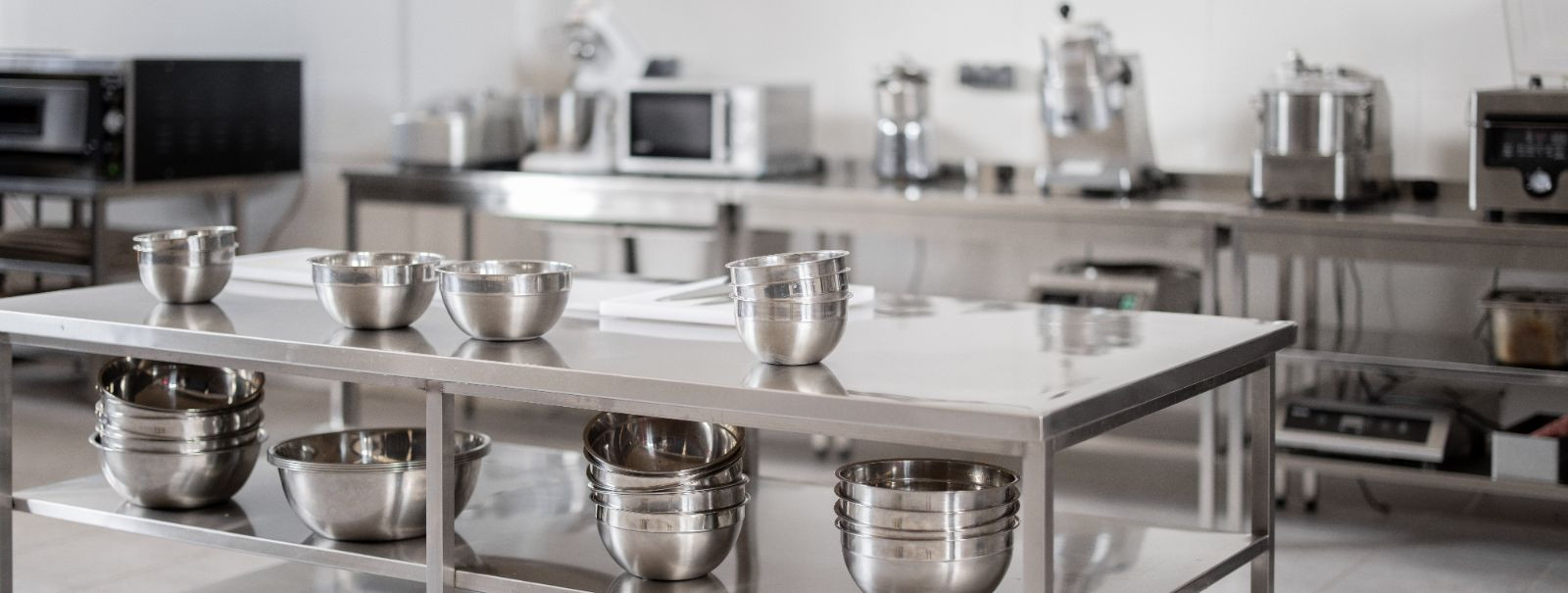The ultimate guide to choosing sustainable catering supplies
Sustainability in catering goes beyond just selecting organic ingredients; it encompasses the entire lifecycle of your supplies, from production to disposal. It's about making choices that reduce environmental impact and promote conservation of resources.
Adopting eco-friendly practices is not just a trend; it's a responsibility. As food industry professionals, we have the power to make a significant impact on the environment through our choices in catering supplies.
Assessing Your Catering Needs
Before diving into the world of sustainable supplies, it's crucial to identify the core items you need for your operations. This includes everything from cutlery and plates to packaging and cleaning products.
Consider the scale of your operations. The volume and frequency of your events will influence the type of supplies you'll need and the quantity in which you'll need them.
Materials Matter: Evaluating Eco-Friendly Options
Materials like bamboo, palm leaf, and sugarcane bagasse are excellent options for disposable items as they break down naturally and reduce your carbon footprint.
Investing in reusable supplies such as stainless steel, glass, or silicone can significantly decrease waste and prove to be cost-effective in the long run.
Choosing products made from recycled materials or upcycling existing items can give them a new life and reduce the demand for virgin resources.
Supplier Selection: Finding the Right Partners
It's essential to partner with suppliers who share your commitment to sustainability and have transparent practices in place.
Local suppliers often have a smaller carbon footprint due to reduced transportation distances, while global suppliers might offer more innovative solutions.
Look for suppliers with recognized certifications like the Forest Stewardship Council (FSC) or those that adhere to ISO 14001 environmental management standards.
Cost Considerations and ROI
While sustainable supplies may come with higher upfront costs, they often lead to long-term savings through durability and efficiency.
Explore government incentives and support programs that encourage sustainable practices, which can help offset initial expenses.
Marketing Your Sustainable Approach
Marketing your commitment to sustainability can enhance your brand image and attract customers who value eco-conscious businesses.
Use your sustainable practices as a selling point by communicating your efforts through marketing materials, social media, and direct customer engagement.
Implementing Sustainable Practices in Operations
Training your staff on the proper use and maintenance of sustainable supplies is crucial for maximizing their lifespan and effectiveness.
Implementing waste reduction strategies such as composting and recycling can further enhance your sustainability efforts.
Choosing energy-efficient catering equipment can reduce your energy consumption and contribute to a more sustainable operation.






Comments (0)